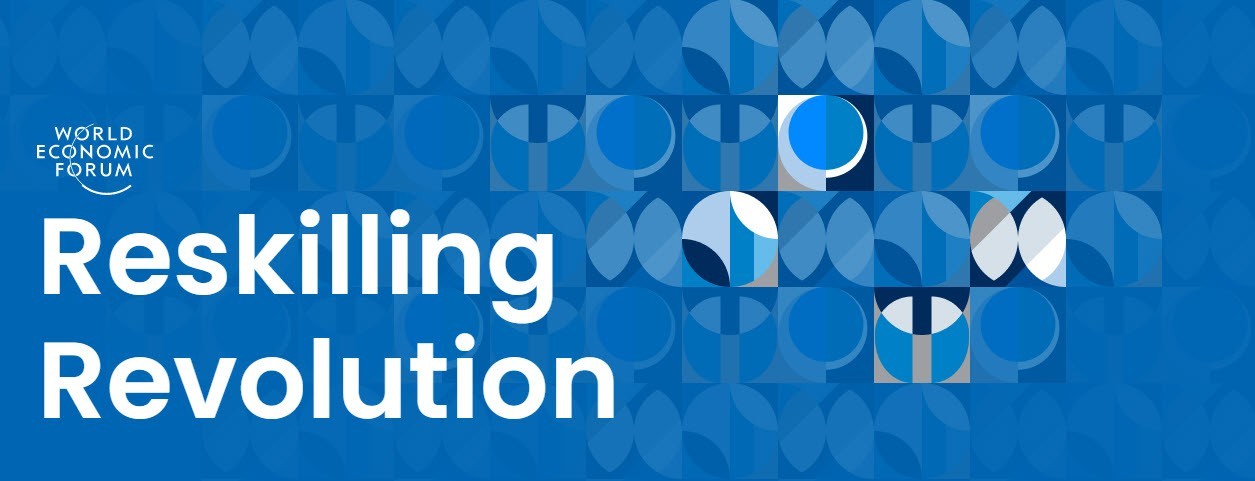Beyond experts: Jobs, tasks, and skills for a data driven Future of Work

Understanding and keeping track of the relationship between jobs, tasks and skills is essential for the future of work. If current efforts fall short, how can we do this going forward?
The World Economic Forum (WEF) is upon us this week, and the Future of Work is one of its key themes. This is a good opportunity to catch up on the trends unfolding in this domain right now, and to ponder on the insights of the people taking note and shaping this discussion.
Automation and AI is part of this discussion as well, with the jury still out as to how exactly this will shape labor, workforce dynamics, and workplace transformation among others. Based on the WEF’s latest report on the Future of Jobs, we highlight the major forces at play today. We discuss how these effect the technology behind the job market with Panos Alexopoulos, Head of Ontology at Textkernel, a Careerbuilder company.
Textkernel powers Careerbuilder, one of the world’s top employment services. Textkernel delivers advanced features such as multilingual semantic search and matching technologies for Careerbuilder. Alexopoulos, an expert in knowledge representation and reasoning, is leading a team building knowledge graphs to match job seekers and opportunities at Textkernel. We discussed how trends in employment translate to requirements for his work..
One of the key takeaways from WEF’s report is that automation continues its stride, with the advent of AI meaning it can be applied to an increasing number of tasks. This, however, is a crucial observation: tasks do not necessarily equal jobs.
The job of a personal assistant may be a good example. Tasks such as typing and dealing with communication (via mail, phone, or fax) used to be a core part of this job’s function. Skills associated with these tasks have evolved (think keyboards and recipients versus typewriters and envelopes), while it can be foreseen that they may be almost fully automated as technology in areas such as transcribing for example progresses.
We now have word processors, email and voice recognition, yet personal assistants still exist. They are more productive in their tasks, which have been updated with new skills. The tasks are partially automated, and could potentially be fully automated in the near future. Personal assistants have been augmented, not fully automated. They may move up the stack by taking on more value add tasks.
This is why the WEF highlights a net positive outlook for jobs. This also goes to show that there is some sort of association between jobs, tasks and skills in the real world. But what would be needed in order to deal with the evolution of definitions and requirements for employment? Alexopoulos noted that the tasks and skills a particular profession involves are very important aspects of the profession’s meaning:
“There are practically no job vacancies without description of tasks and skills. This is in line with knowledge representation and semantic modeling practice, where a concept’s meaning is formally defined not merely via its name(s), but also via its relations with other concepts.



